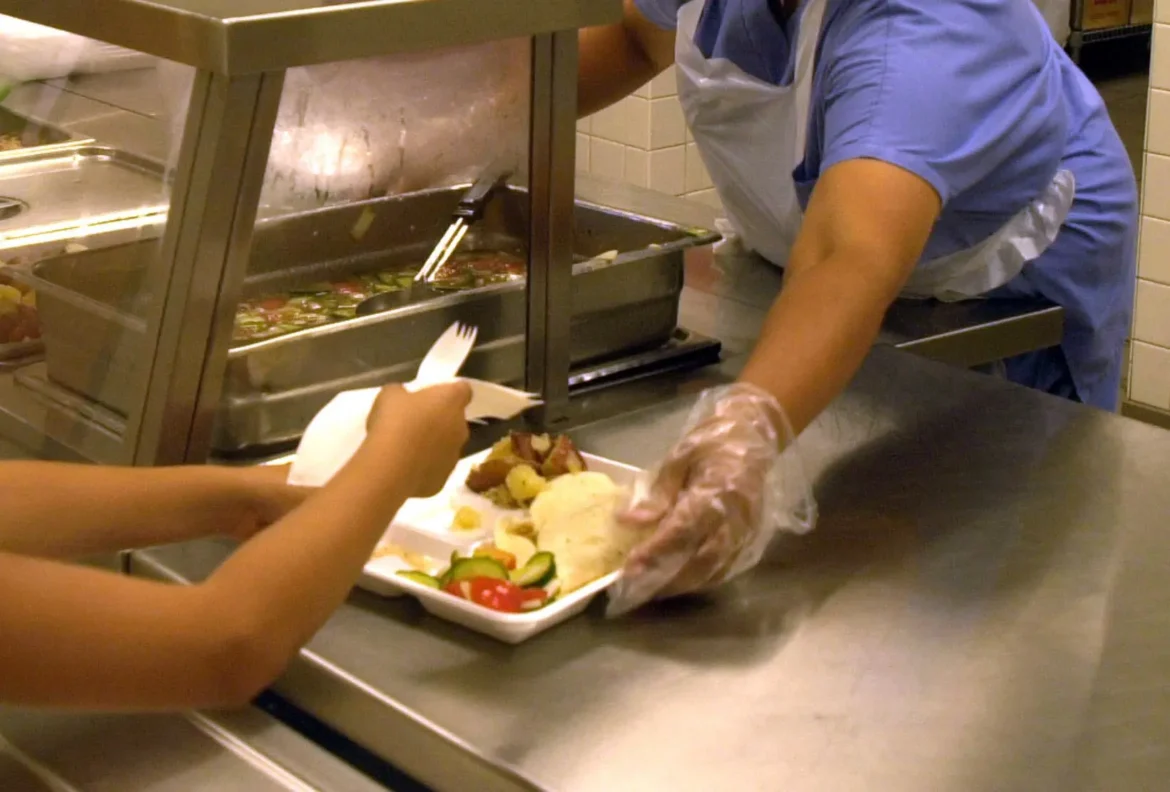A Hot Meal or a Hot Take?
What used to be a matter of nutrition has now morphed into full-blown political theater. School lunch—yes, the humble tray of cafeteria spaghetti and milk—has become a frontline battle in the culture war, thanks to a familiar cast of characters in Washington and on social media.
The narrative pushed by many Democrats is simple: they care about feeding hungry children, while Republicans are heartless penny-pinchers who’d rather starve kids than spend a dime of taxpayer money. But beneath the surface, the debate is far more nuanced—and far more telling of how modern politics distorts reality for soundbites and clout.
How COVID Broke the Lunchroom
During the COVID-19 pandemic, Congress temporarily made all school lunches free, regardless of household income. That policy expired in 2022, reigniting a debate that had largely simmered in obscurity for decades. Now, Democrats want to make that pandemic-era policy permanent. Republicans say: not so fast.
At the heart of the argument is whether universal school lunches are a necessary support system—or an expensive and inefficient government overreach.
Who Actually Needs Free Lunch?
Programs like the Universal School Meals Program Act and the No Hungry Kids in Schools Act aim to make school meals free for all 50+ million students in America. Supporters claim this would remove stigma, reduce administrative costs, and ensure kids can focus on learning, not hunger.
But the opposition argues that universal programs ignore the basic fact that not every family needs help. In reality, the vast majority of students weren’t going hungry before the pandemic—and the U.S. doesn’t have a hunger problem; it has an obesity crisis. Nearly 1 in 5 American children are obese, and poor communities—ironically the supposed beneficiaries of these programs—are the most affected.
The Food Insecurity Myth
Democrats often cite USDA data claiming that 18% of children live in “food-insecure” households. But “food insecurity” doesn’t mean starvation or skipping meals. It refers to uncertainty or irregularity in access to food—not actual hunger. Many of these families already receive aid through SNAP, WIC, or Medicaid. A blanket school lunch program risks double-dipping and wasting food that goes uneaten because parents prefer to pack meals themselves.
Why Republicans Are Pushing Back
Republicans argue for a means-tested approach—free lunch for those who actually need it, not for millionaires. They’ve proposed raising the threshold for automatic free meals in schools, making eligibility more precise and focused on truly disadvantaged students. Their opponents claim this would strip meals from millions of kids, but that’s exactly the point: to avoid misallocating taxpayer dollars.
Take Congresswoman Julia Coleman (R-MN), who clarified she supports feeding low-income kids but not handing out free meals to families making six figures. Her proposal? Limit free meals to households earning under 500% of the federal poverty level—roughly $160,000 for a family of four. That’s hardly draconian.
What’s Really at Stake
At its core, this debate is not about feeding kids—it’s about redefining the role of government. Should Washington become the national lunchroom manager, feeding every child regardless of need? Or should the focus remain on helping the most vulnerable while trusting local and state governments to pick up the slack if they choose?
Republicans are being demonized for resisting a one-size-fits-all federal program, even as they support robust aid for genuinely needy students. Meanwhile, Democrats continue to wrap complex issues in emotionally manipulative language, daring anyone to question their proposals without being labeled heartless.
Let the Local Level Decide
Nothing is stopping schools, districts, or states from funding free lunch programs if their communities believe it’s essential. But federal taxpayers shouldn’t be on the hook to feed kids whose parents are capable of packing a sandwich and an apple.
The truth is simple: feeding hungry children is not controversial. Turning lunch into a wedge issue is.

